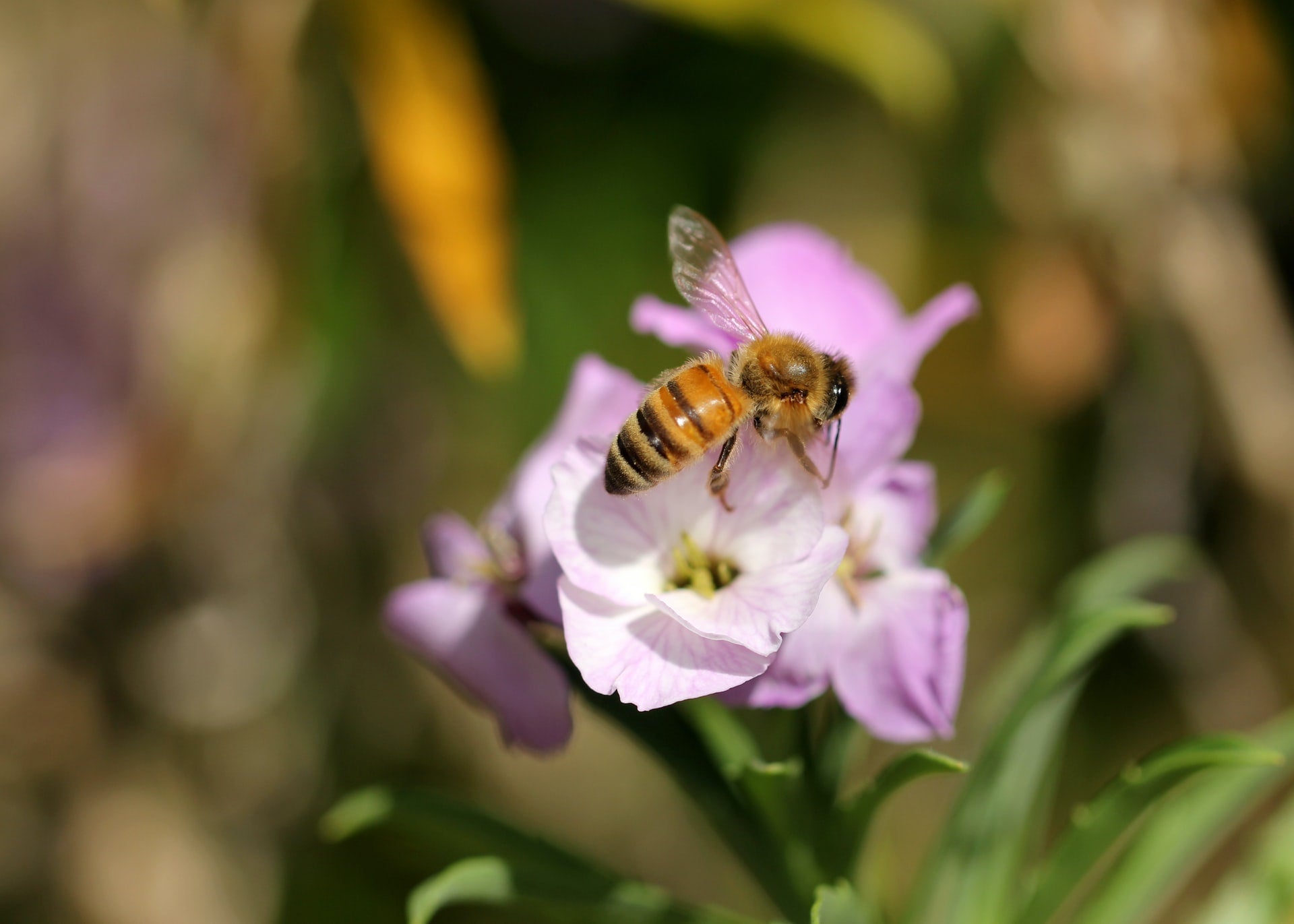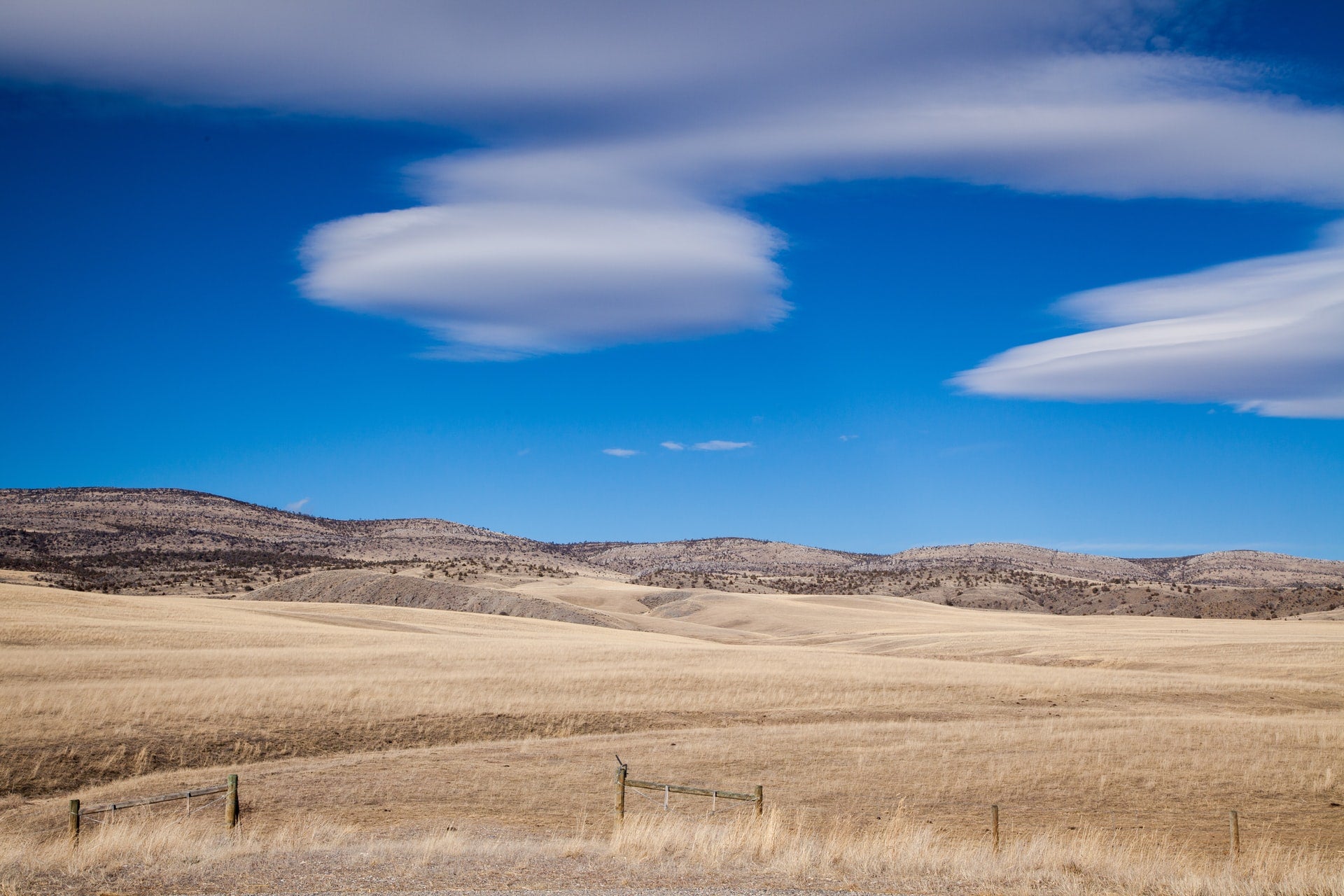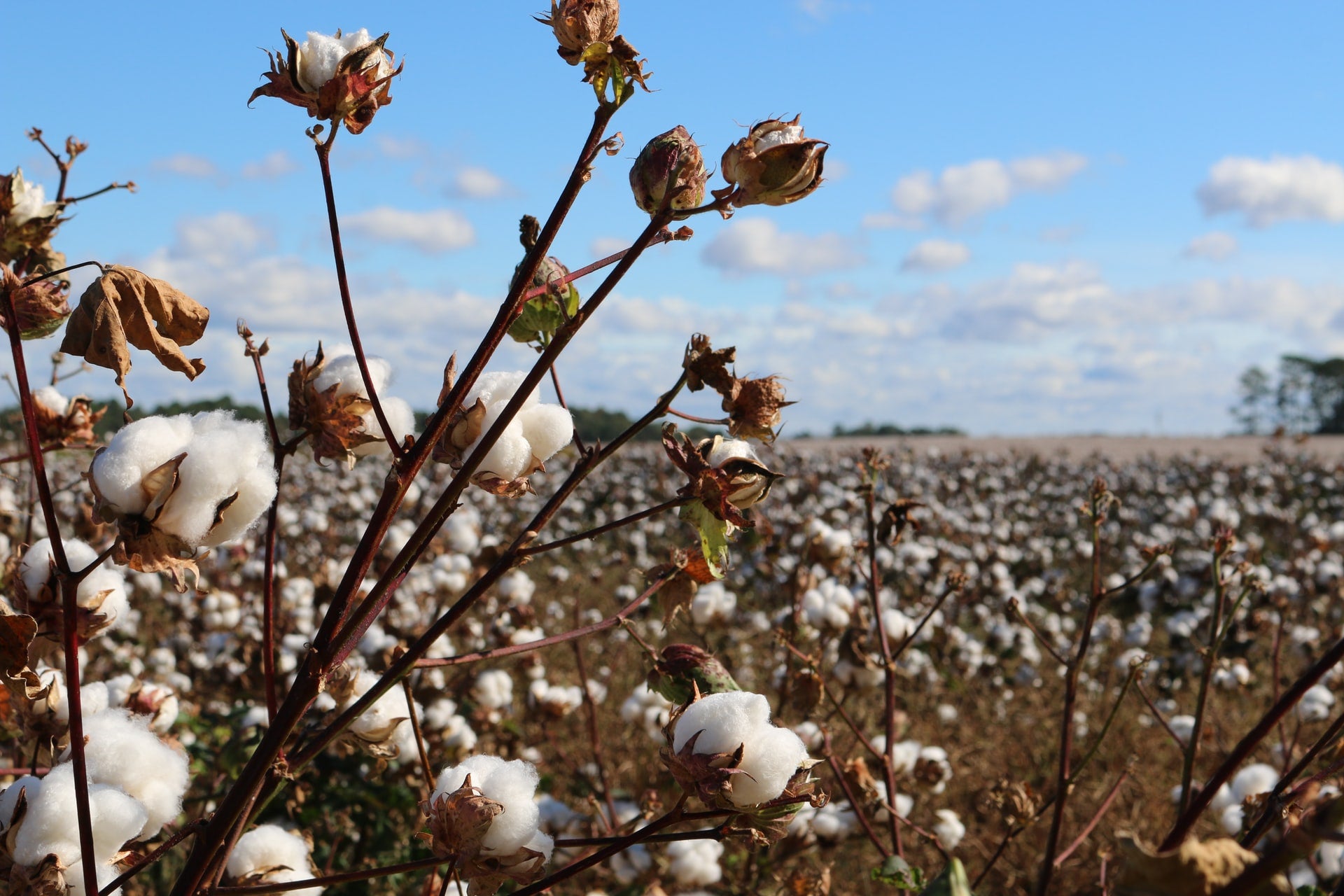
2.1 Ecosystem
What does organic mean?
Ecological is an adjective and refers to an organism or an anatomical organ. In our view, it is the organism part and reference to ecology. Ecology means organic lifestyle, organic farming and/or organic products. Let's start from the very beginning.
Organic products - edible or not - come from a crop grown organically in a field. And organic means without harmful chemicals; pesticides, insecticides, herbicides and fertilizers.
And when farming is organic, you will maintain the balance of the soil and respect and take care of the vital ecosystem.
Pesticides and insecticides
Pesticides and insecticides in particular are important to look into. These effective - but harmful - chemicals are some of the biggest differences between conventional and organic farming. To understand the consequences of using such, we must remember that these chemicals were originally invented to exterminate. Eradicating unwanted wild plants and insects - as such would increase the production of the field.
Think about it…our ecosystem consists of a diverse and carefully balanced group of plants, insects and animals. What happens when we continuously kill the insects (both the ones we want to get to and the ones it will also go beyond)? We are putting the ecosystem under a lot of pressure. When a part of the ecosystem decreases in number, i.e. insects, then the next chain, (birds for example) start to starve and their numbers start to decrease and so on. It's a downward spiral.
Neonics
Another very critical consequence of insecticide use is the steep decline in pollinators, which include various kinds of insects, the best known and most important being the honey bee.
Either due to the extinction of wild flowers (in conventional fields and cities) or due to insecticides containing neonicotinoid, also known as neonics, pollinators have seen a devastating effect. Neonic works by attacking pollinators' nerve cells, compromising their behavior and often killing them outright. Neonics are used on more than 140 different types of crops, from apples, tomatoes and wheat to rice and soybeans.
Neonics were invented, sold and widely used from the 1990s. The EU banned the most dangerous neonics in 2018, but not the entire group. And this ban covers EU production, not production outside the EU.
Pollinators are essential to bringing life to the next generation of apple trees, wild strawberries and many other fruits, flowers, grains and vegetables.
And with regard to the efforts to achieve maximum field production; it is contrary to nature and only for the short-term benefit of the persons who benefit from it.
When you grow organically, you get a lower field production, and in general this applies to all crops.



Leave a comment
This site is protected by hCaptcha and the hCaptcha Privacy Policy and Terms of Service apply.